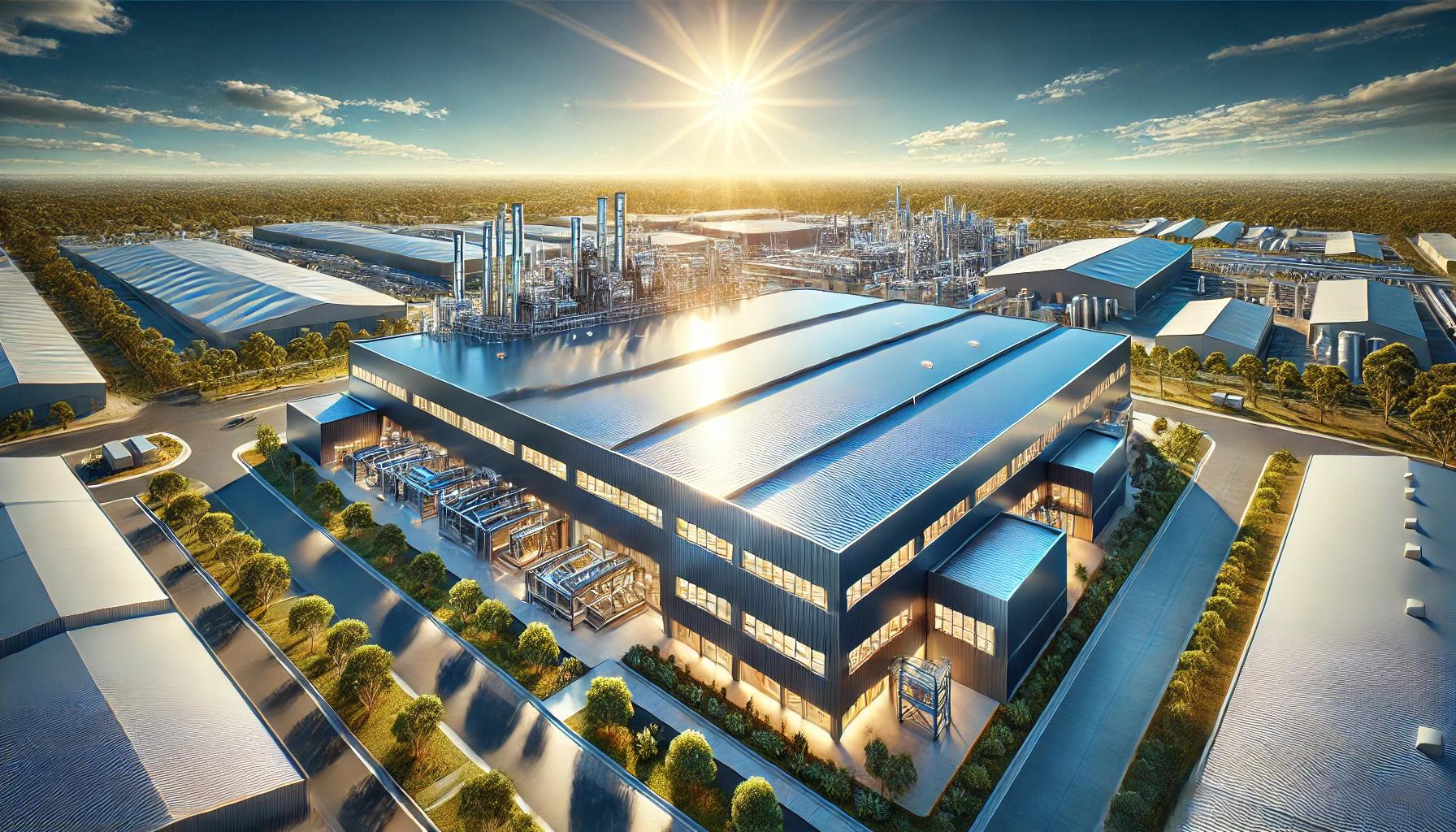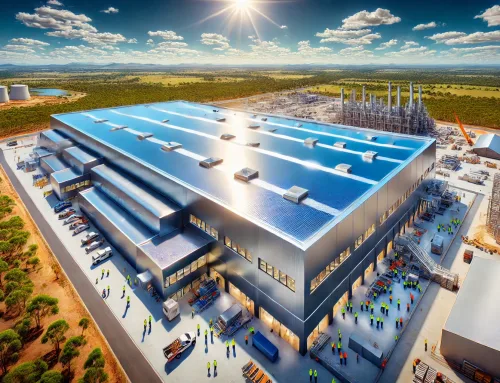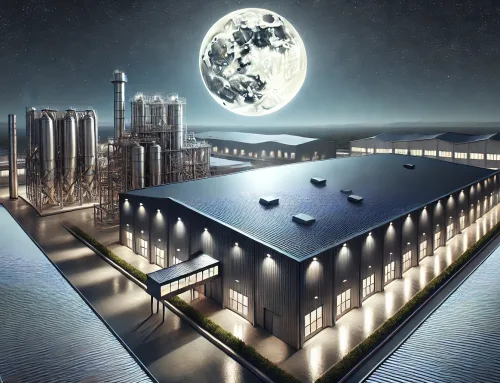As businesses become more environmentally conscious and energy costs rise, the demand for energy-efficient and sustainable roofing solutions has increased. This article explores the benefits of energy-efficient roofing, provides an overview of green roofing systems and solar panel integration, and highlights government incentives for sustainable roofing. We also include a line graph showing energy savings over time and a table comparing different sustainable roofing options.
Benefits of Energy-Efficient Roofing Solutions
Energy-efficient roofing solutions offer several advantages for commercial roofs properties:
Cost Savings
Energy-efficient roofs can significantly reduce heating and cooling costs by reflecting sunlight and providing better insulation. This leads to lower energy bills and long-term cost savings.
Enhanced Comfort
Improved insulation and reflective properties help maintain a consistent indoor temperature, enhancing the comfort of building occupants.
Environmental Impact
By reducing energy consumption, energy-efficient roofs help lower greenhouse gas emissions and decrease the overall environmental footprint of a building.
Increased Roof Lifespan
Energy-efficient materials often have greater durability and resistance to weathering, which can extend the lifespan of the roof and reduce maintenance costs.
Overview of Green Roofing Systems and Solar Panel Integration
Green Roofing Systems
Green roofs involve growing vegetation on the rooftop, providing numerous environmental and practical benefits:
- Insulation: Green roofs offer excellent thermal insulation, reducing the need for heating and cooling.
- Stormwater Management: They absorb rainwater, reducing runoff and mitigating flooding.
- Urban Heat Island Effect: Green roofs help cool urban areas by absorbing heat.
- Biodiversity: They create habitats for various plant and animal species.
Solar Panel Integration
Integrating solar panels into commercial roofing systems can further enhance energy efficiency and sustainability:
- Renewable Energy: Solar panels generate clean, renewable energy, reducing reliance on fossil fuels.
- Energy Cost Savings: Solar energy can significantly lower electricity bills and, in some cases, generate income through surplus energy sales.
- Tax Incentives: Many governments offer tax incentives and rebates for installing solar panels, making them more affordable.
Government Incentives for Sustainable Roofing
Governments at various levels offer incentives to encourage the adoption of sustainable roofing solutions:
- Tax Credits: Businesses can receive tax credits for installing energy-efficient roofing systems and solar panels.
- Rebates: Some local governments provide rebates for green roof installations and other sustainable practices.
- Grants: Grants are available to support large-scale sustainability projects, including green roofing and solar integration.
- LEED Certification: Achieving LEED certification for sustainable buildings can result in additional incentives and benefits.
Energy Savings Over Time with Energy-Efficient Roofs
The following line graph illustrates the potential energy savings over time with energy-efficient roofing solutions: Corporate Roofing Brisbane






